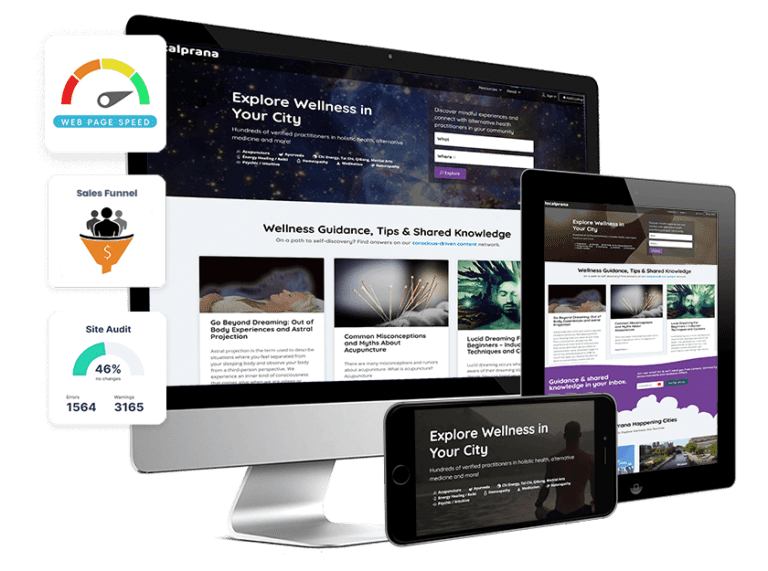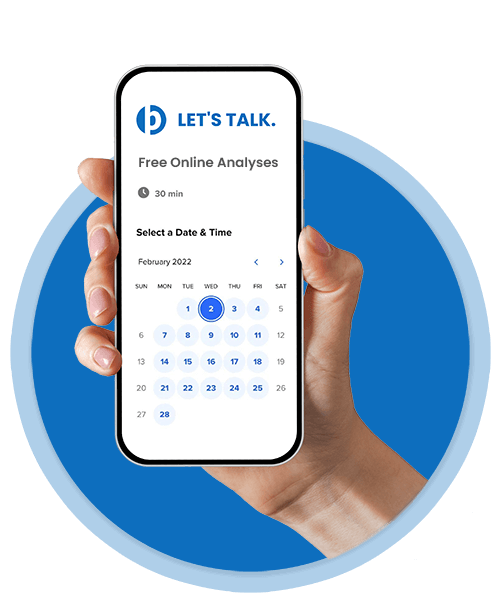

Blueprinted has helped me completely change my approach to marketing...
Gustavo has been so creative and collaborative in helping me with all aspects of digital marketing. So many of my clients and colleagues comment on the visual appeal and how it portrays our business in such a positive light. We have a steady stream of incoming leads. that keeps growing. So glad I made the decision to work with them!
Michelle Sorensen, M. ED / Resiliency Clinic










